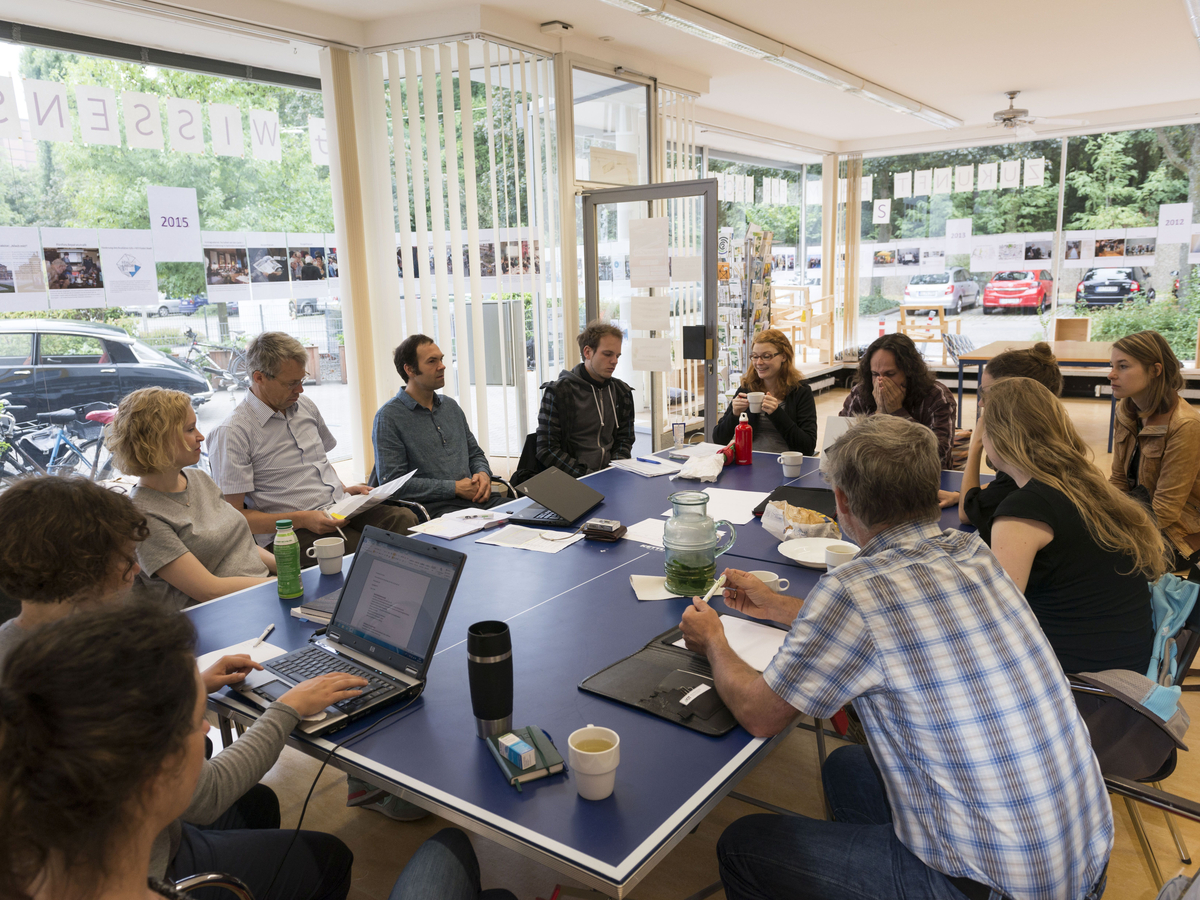Exchanging knowledge for the energy transition
The construction of wind power and biomass plants, the expansion of energy grids, which changes the spatial structure, but also changing terms of use and pricing structures turn the energy transition into a challenge for society as a whole. The basic idea of the “Energy transformation in dialogue” project, which started in June, is that such a turning point in a society’s way of life and its economic activities can only be successful if it is accompanied by a good level of information of those affected and real opportunities for participation.
“Our initiative wants to contribute to an overall societal understanding of the energy transition – by processing and providing information, offering advice and further training, and bringing together the most different actors from research and society”, says ITAS co-project leader Volker Stelzer.
Imparting knowledge and initiating learning processes
To this end, the ITAS project team prepares formats for knowledge transfer and participation which do not only address the broad public, but also specific stakeholder groups, such as, e.g., the energy sector, civil society, and consumer associations, but also teachers, energy consultants, and students. These formats include, among others, informational and explanatory videos, a tour on “sustainable energy”, transdisciplinary seminars and workshops as well as citizen forums and real-world experiments.
“All these measures are about imparting knowledge and initiating learning processes, but also about sharing impulses from society with the researchers”, explains co-project leader Andreas Seebacher. ITAS can use the structures and experience gained with the two Karlsruhe real-world labs District Future – Urban Lab and Urban Transition Lab 131 here.
The project is funded by a special grant from the Helmholtz Association for being one of only three particularly innovative projects in the field of knowledge transfer in Germany. After 2020, the “energy dialogues” shall be consolidated under the umbrella of the Karlsruhe Transformation Center for Sustainable Futures (KAT). KAT is currently being established and shall evolve into one of the first permanent real-world labs worldwide. (02.08.2018)
Further information:
- KIT press release
- Blog post Lasst uns über Energie sprechen! (Let’s talk about energy!)
- Project description Energy transformation in dialogue


